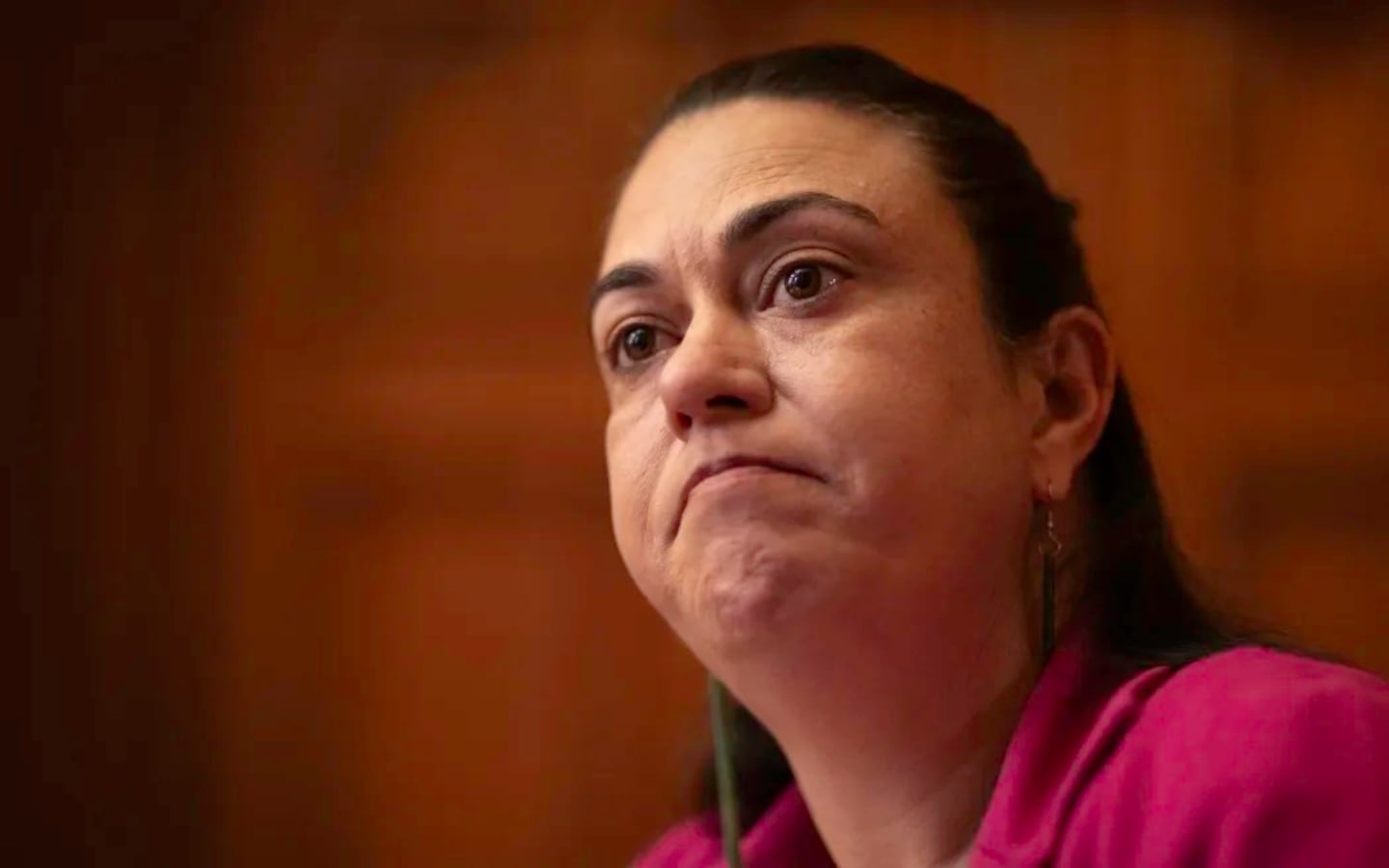The High Court has set aside a summons from the Waitangi Tribunal, as it seeks to understand why Karen Chhour wants to repeal section 7AA of the Oranga Tamariki Act.
Nearly two weeks ago, Crown Lawyers stated they would seek a judicial review by the High Court if the Tribunal issued a summons, a review they have now won.
The hearing was set down for this Friday, April 26, pending the completion and decision of the judicial review.
While the Crown lawyers were looking to invalidate the summons, the Waitangi Tribunal was investigating a joint statement of claim by Ngāti Pukenga and Ngā Potiki, saying the repeal of section 7AA would breach the Treaty principles of active protection and equality.
In its decision tonight, the High Court also noted other parties had filed similar claims.
Over the past decade, tamariki Māori accounted for more than half of all children entering care.
Section 7AA of the Oranga Tamariki Act requires the agency to create and enact policies which ensure positive improvement in the well-being of tamariki and rangatahi Māori and their whānau, hapū, and iwi.
The section has served as the organisation’s main legal motivator to improve the system for Māori, narrow the gap in quality between Māori and non-Māori children’s experiences in state care, collaborate with iwi, and ensure mana tamaiti, whakapapa, and whanaungatanga are reflected in their policies and practices.
The plan to scrap section 7AA of the Oranga Tamariki Act 1989 is one of the coalition agreements between National and ACT, the latter party being Chhour’s.
On April 12, Judge Michael Doogan of the Māori Land Court issued the summons to Chhour, sparking legal proceedings just two weeks out from the Minister’s appearance date.
Judge Doogan also pointed out in his memorandum that while the tribunal had the power to summons a minister, “whether we should do so is a different question”, saying the preferred approach was to “invite the Minister to reconsider her position and provide evidence voluntarily.”
He nonetheless issued the summons, saying there’s “an important question that needs to be clarified and resolved if possible”.
Overturning the summons
In overturning the decision, Justice Andru Isac noted that “it has not been possible to do justice to the depth of thought [the parties] have brought to the Court” given the urgency of the hearings.
He also asserted “the mana of the Tribunal and the importance of its work is not diminished by this decision.”
By Justice Isac’s rationale, the idea to repeal began in a political party at a time when none of its members were ministers of the Crown, putting it out of the Tribunal’s investigation and reach.
But he says the actions of government ministers have not helped the situation.
“The Tribunal cannot be criticised for resorting to a summons in these circumstances, given its repeated and measured requests for the Minister’s response. As a member of the executive Government, she might be expected to demonstrate the same respect and restraint she now seeks from the Tribunal.
“For this reason, in large part the difficulty the Minister now finds herself in is in my view a consequence of her own decision.”
Last week, Prime Minister Christopher Luxon called cabinet ministers Shane Jones and David Seymour’s comments on the Waitangi Tribunal “ill-considered” following their public remarks about it overstepping its brief.

And despite Minister Chhour never personally responding to the summons, Justice Isac says the Crown has given the tribunal access to “a significant body of relevant material.”
“Given the Tribunal’s focus must be on the Treaty consistency of acts and policies of the Crown, the Minister’s personal involvement in the development and promulgation of the repeal proposal—in the period between her appointment as a Minister and the Cabinet decision—can only be incidental to the real issue.”
He also said there was, “no suggestion” that the Tribunal’s inquiry would be impeded if he did not issue an order compelling Chhour to give evidence.
Opposition to repealing
The decision to repeal section 7AA has seen opposition from many corners.
In December, Chief children’s commissioner Dr Claire Achmad said she hadn’t been consulted on the coalition government’s moves to remove section 7AA, saying it was about ensuring equitable outcomes for tangata whenua and mokopuna Māori.
“[Section 7aa] makes clear the right of mokopuna Māori be connected with and know their whakapapa. That means wherever they can be safe being in the care of their whānau, hapū and iwi.
“I would be concerned to see a backwards step from that.”
Just yesterday, AUT law dean Khylee Quince said Chhour’s reluctance is “not a good look”, saying the impact of repealing 7AA haven’t been fully understood by the National-led government.
“Your government’s timeline to get these things through as quickly as possible isn’t going to allow for that to happen before the bill is introduced probably by mid-May.”
Chhour responds
In a statement from her office tonight, Children’s Minister Karen Chhour said she “welcomed the decision”, saying it provided “constitutional clarity” to New Zealand.
She pointed out the rarity of the Tribunal summonsing an active and sitting minister, and said she felt the Crown had been open and compliant with the Waitangi Tribunal’s other requests.
“The Minister believes the Crown has been very open in providing a considerable amount of evidence to the Tribunal, within its urgent timeframes, about the cabinet decision to repeal Section 7AA of the Oranga Tamariki Act 1989, to prioritise the safety of children.”
The statement points out Chhour is limited in what else she can say while the Waitangi Tribunal retains a right to appeal the decision.



